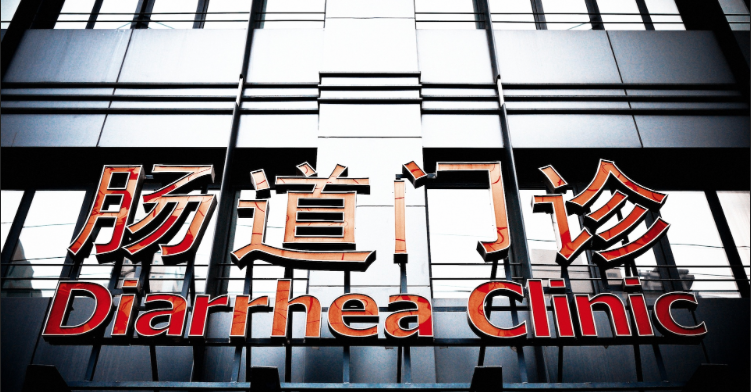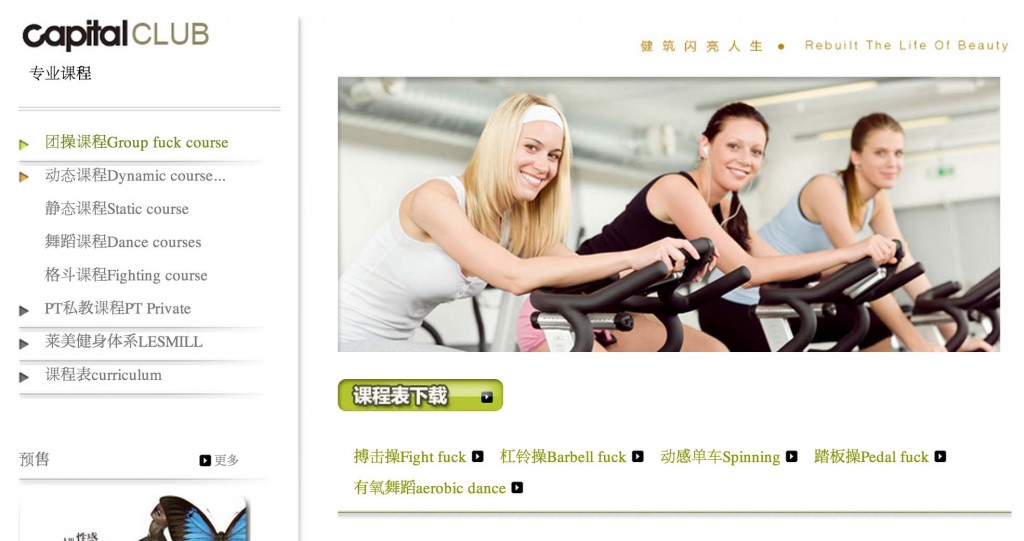Shenzhen invites public to help wipe out Chinglish
Posted: 09/28/2013 12:49 pmIn 2007 it was reported that Beijing was striving to wipe out Chinglish ahead of the Olympics. In 2009 it was reported that Shanghai would do the same ahead of the World Expo.
However, signs such as the one below continue to appear around the country.
Shenzhen has become the latest city to try to wipe out incorrect English signs, Shenzhen Daily reports.
Campaign E was launched on Thursday (Sept. 26) and will last for two months. The paper has more:
People can take pictures of incorrect English usage or grammar on public signs and email them to [email protected]. People also can send pictures through Weibo and WeChat. The Weibo account is @深圳E行动 and the WeChat account is 深圳E行动.
People sending pictures are asked to provide the time of the photo, location of the sign and details about mistakes, along with their name and contact information.
People also can report mistakes by calling 8317-5462 between 9 a.m. and 5 p.m. Monday to Friday.
The foreign affairs office will organize experts to examine submitted corrections.
“People will be awarded based on how many correct submissions they send,” Huang Zhijun, director of the office’s international language environment department, said at a press conference Thursday.
The awards will include certificates, English study books and free English training classes, Huang said.
The 10 people who send the most correct submissions will be invited to attend a Nov. 18 seminar on Shenzhen’s drive to become an international city. Li Zhaoxing, former Chinese foreign minister, is scheduled to speak at the event.
For an example of 20 of the funniest Chinglish signs ever seen, check out the Chinese Language Blog. Such signs could be about to become a thing of the past.


 1
1










